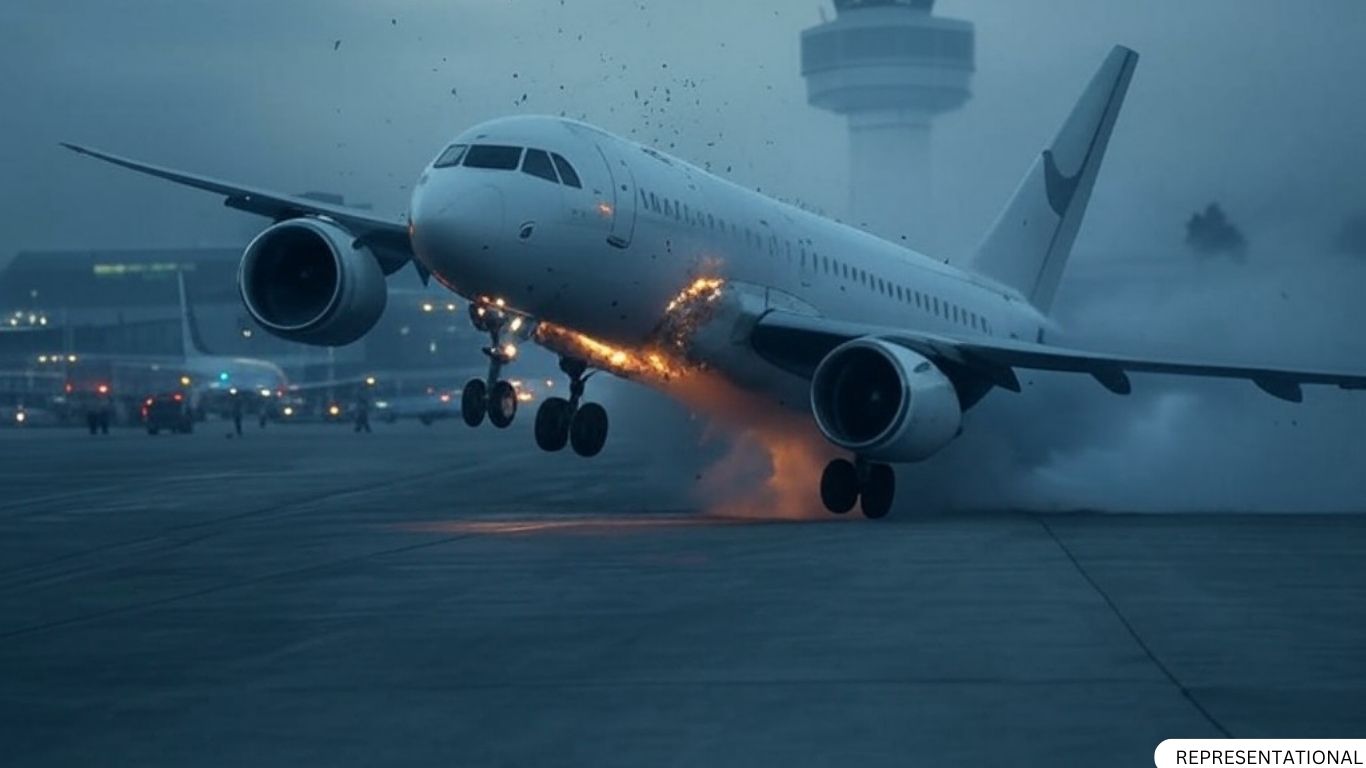The recent school shooting in Madison, Wisconsin, has raised critical questions about gun access among minors and the responsibilities of parents and guardians. Investigators are currently examining how the 15-year-old shooter Natalie Rupnow obtained the firearm used in the tragic incident. Let’s take a closer look at Wisconsin’s gun laws concerning minors, the legal responsibilities for firearm storage, and the broader implications of such incidents.
1. What Does Wisconsin Law Say About Firearms and Minors like Natalie Rupnow?
Both federal law and Wisconsin state law generally prohibit individuals under the age of 18 from possessing firearms. The primary provisions are as follows:
- Possession Restrictions:
It is illegal for anyone under 18 years to own or possess a firearm, with specific exceptions. - Exceptions to the Rule:
Wisconsin law permits minors to possess firearms under the following conditions:- For target practice or firearms training, provided they are under adult supervision.
- As part of the armed forces or military training.
- While participating in legal hunting activities, provided all hunting laws and safety requirements are adhered to.
2. Restrictions on Providing Guns to Minors
Wisconsin law also makes it illegal for any person to:
- Sell, loan, or give a firearm or dangerous weapon to an individual under 18.
- Violate this law intentionally, as such actions carry significant legal consequences.
These provisions aim to prevent minors from accessing firearms without valid reasons or adequate supervision.
3. Child Access Prevention Law: Reckless Storage of Firearms
Wisconsin’s child access prevention (CAP) law adds another layer of regulation, specifically addressing firearm storage.
Key Provisions:
- It is illegal to recklessly store a loaded firearm in a location where a child under 14 years could gain access to it.
- The law emphasizes responsible firearm storage to minimize the risks of accidental shootings or misuse by children.
Implications for Parents:
Parents or guardians can face criminal charges if they fail to securely store firearms, especially if a minor gains access and causes harm.
4. National Precedents: Parental Responsibility in School Shootings
In several high-profile cases across the United States, parents have faced legal consequences for failing to prevent minors from accessing firearms:
- Oxford, Michigan (2021): The parents of a school shooter were charged with involuntary manslaughter after investigators found they had recklessly allowed access to the firearm despite warnings about their child’s behavior.
- Winder, Georgia: Similar charges were filed after a minor used a firearm obtained through parental negligence.
These cases highlight the growing trend of holding parents accountable for failing to secure firearms.
5. Wisconsin School Shooting: Investigative Updates
Madison Police Chief Shon Barnes has confirmed that investigators are actively examining how the 15-year-old shooter obtained the firearm.
Parent’s Role Under Investigation:
- Barnes stated that authorities are evaluating whether the shooter’s parents were negligent in securing the weapon.
- However, he clarified that there is no evidence at this time to suggest the parents committed a crime, noting their full cooperation with the investigation.
6. Gun Tracing and Federal Assistance
The Madison Police Department is working with the Bureau of Alcohol, Tobacco, Firearms and Explosives (ATF) to trace the origin of the firearm.
- This process involves tracking the gun’s history from its manufacturer to its current owner.
- Determining the firearm’s chain of custody will be critical in identifying any legal violations.
7. Calls for Gun Control Reform
The Madison shooting is the 83rd school shooting of 2024, surpassing 2023’s record of 82 shootings, according to CNN’s data. This grim statistic underscores the urgency of addressing gun violence in schools.
Expert Insights:
- Mental Health Focus: Madison Police Chief Barnes stressed the need to address mental health issues among youth as part of a comprehensive solution.
- National Debate: Former White House Communications Director Kate Bedingfield emphasized the need for bipartisan gun control measures, urging policymakers to prevent such tragedies from recurring.
8. Preventing School Violence: Warning Signs and Community Action
Experts have identified behavioral indicators that may suggest a student is on the “pathway to violence.”
Warning Signs:
- Drastic Changes in Behavior:
- Escalation in anger or withdrawal from social interactions.
- Hostility:
- Broad statements like “I hate everyone” or grievances.
- Leakage of Plans:
- School shooters often share hints about their intentions, either through social media posts or conversations.
Community Resources:
In Wisconsin, the Speak Up, Speak Out Wisconsin tip line encourages students and community members to report concerns. Since its launch, it has received over 11,000 tips, including 350 reports of potential threats.
9. Balancing Rights and Responsibility
Wisconsin’s gun laws aim to strike a balance between the rights of firearm owners and the safety of minors. Tragedies like the Madison school shooting highlight the critical need for:
- Parental accountability: Ensuring firearms are stored securely and kept out of reach of children.
- Community vigilance: Recognizing warning signs and reporting potential threats.
- Legislative action: Enhancing laws to prevent access to firearms by minors and addressing systemic mental health issues.
By combining legal measures, education, and community involvement, it is possible to reduce the risks of gun violence and create a safer environment for children and schools.
FAQs
1. Is it illegal for minors to possess firearms in Wisconsin?
Yes, it is generally illegal for individuals under 18 to possess firearms in Wisconsin, except for specific activities like hunting, armed forces training, or target practice under adult supervision.
2. What does Wisconsin’s child access prevention law mandate?
The law prohibits reckless storage of loaded firearms where children under 14 can access them, holding parents accountable for negligence.
3. Can parents be charged if their child uses their firearm?
Yes, parents can face legal consequences if it is found they recklessly allowed a minor to access their firearm.
4. How can school violence be prevented?
Recognizing warning signs, promoting mental health awareness, and reporting concerns through resources like Speak Up, Speak Out Wisconsin can help prevent school violence.
5. What is the role of the ATF in the Madison shooting investigation?
The ATF is assisting local authorities in tracing the firearm used in the shooting to determine its origin and ownership history.















